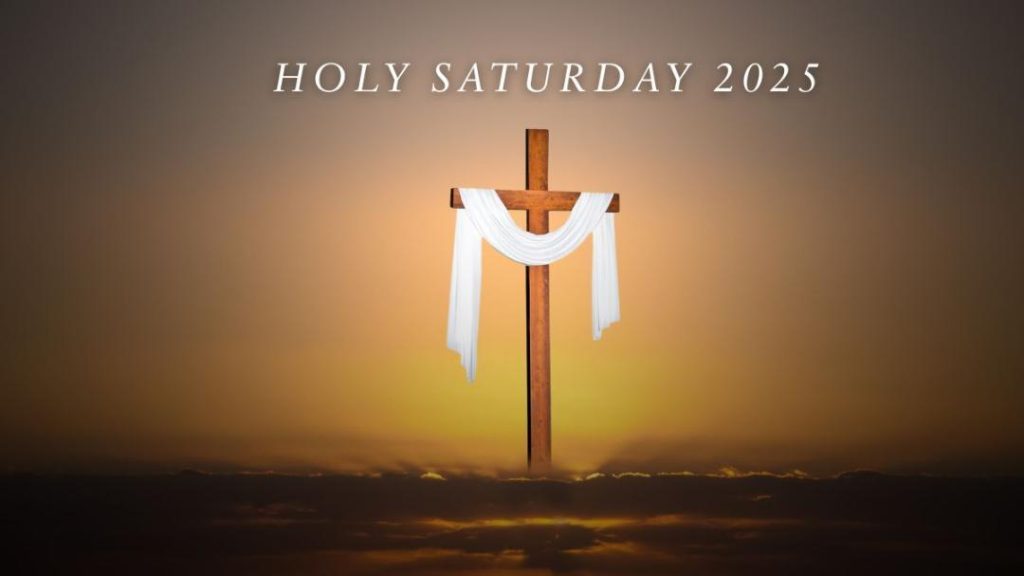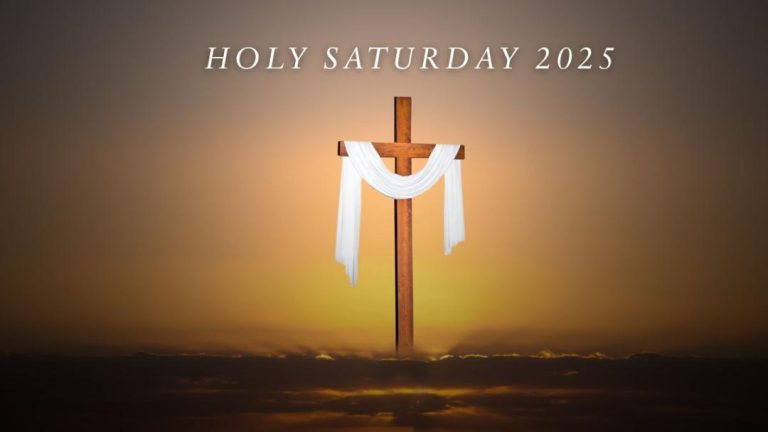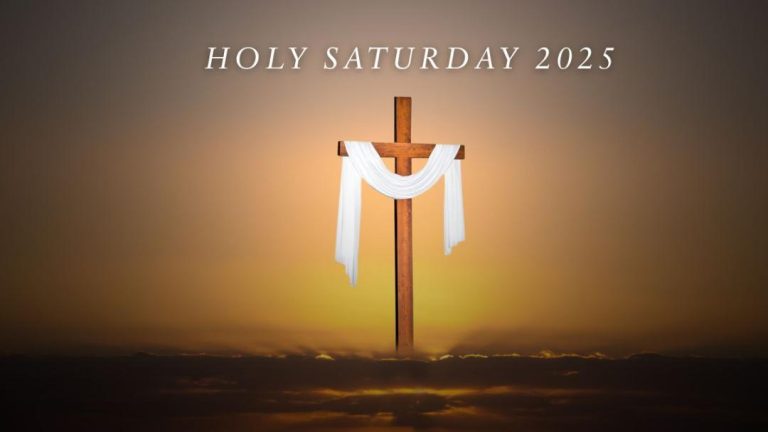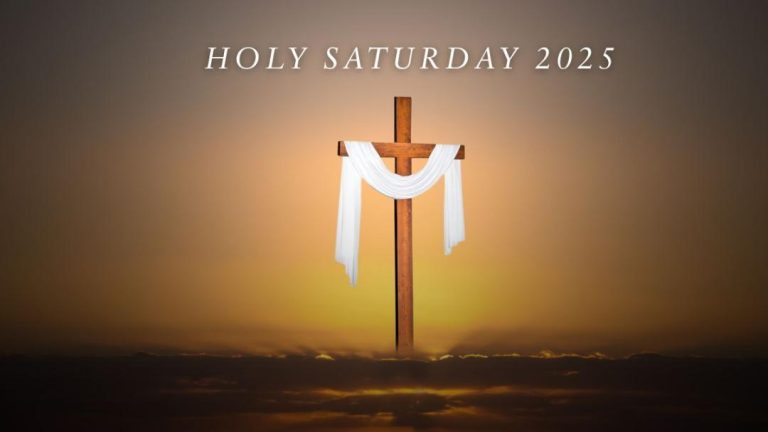
What is Holy Saturday & why is it celebrated?
The Easter season is a time of great significance in the Christian calendar, marked by a series of events that commemorate the life, death, and resurrection of Jesus Christ. While many people are familiar with Good Friday, the day of Jesus’ crucifixion, and Easter Sunday, the day of his resurrection, there is another important day in between: Holy Saturday. Observed between these two pivotal dates, Holy Saturday holds a special place in the Christian tradition, signifying a period of silence, reflection, and anticipation before the celebration of Jesus’ resurrection.
What is Holy Saturday?
Holy Saturday, also known as Easter Eve, is the day when Jesus Christ lay in the tomb after his crucifixion. According to Christian tradition, Jesus was crucified on Good Friday and died soon after. His body was then placed in a tomb, where he remained until his resurrection on Easter Sunday. Holy Saturday marks the period of time between these two events, a day of quiet contemplation and anticipation before the joy and celebration of Easter Sunday.
The significance of Holy Saturday
While Holy Saturday is often overlooked in comparison to the more dramatic events of Good Friday and Easter Sunday, it holds a unique significance in the Christian narrative. This day represents the darkest moment in the story of Jesus’ life, when he had given up his spirit and was lying in the tomb, awaiting his resurrection. It is a day of silence, reflection, and introspection, a time for Christians to contemplate the depth of human suffering and the power of God’s love.
Holy Saturday is also a day of anticipation, as Christians look forward to the promise of Jesus’ resurrection. According to the Bible, Jesus was buried in a tomb, and on the third day, he was raised from the dead, appearing to his disciples and proving his divinity. Holy Saturday represents the moment of expectation, the wait between the darkness of death and the light of new life.
How is Holy Saturday celebrated?
While Holy Saturday is not a public holiday in many countries, it is still an important day in the Christian calendar. Many churches and cathedrals hold special services and devotions on this day, often in the early morning hours. These services may include readings from the Bible, prayers, and hymns, as well as a symbolic representation of Jesus’ burial and resurrection.
In some Christian traditions, Holy Saturday is also a day of fasting and abstinence, as a way of reflecting on the suffering of Jesus and the self-denial of his followers. Others may choose to spend the day in quiet contemplation, reading scripture, praying, or engaging in acts of charity and kindness.
Easter Eve date and significance
This year, Holy Saturday will be observed on April 19, 2025, followed by Easter Sunday on April 20. As we approach this special day, Christians around the world will be preparing to mark the occasion with special services, family gatherings, and acts of worship.
For many, Holy Saturday represents a time of reflection and preparation, a chance to slow down and focus on the true meaning of Easter. It is a reminder that the resurrection of Jesus is not just a historical event, but a powerful symbol of hope and redemption that continues to inspire and guide us today.
Conclusion
Holy Saturday, often overlooked in the hustle and bustle of the Easter season, is a special day in the Christian calendar. It represents a period of silence, reflection, and anticipation, a time to contemplate the depth of human suffering and the power of God’s love. As we approach this year’s Holy Saturday, we are reminded of the significance of Jesus’ resurrection and the hope and joy that it brings to our lives.
Source:






